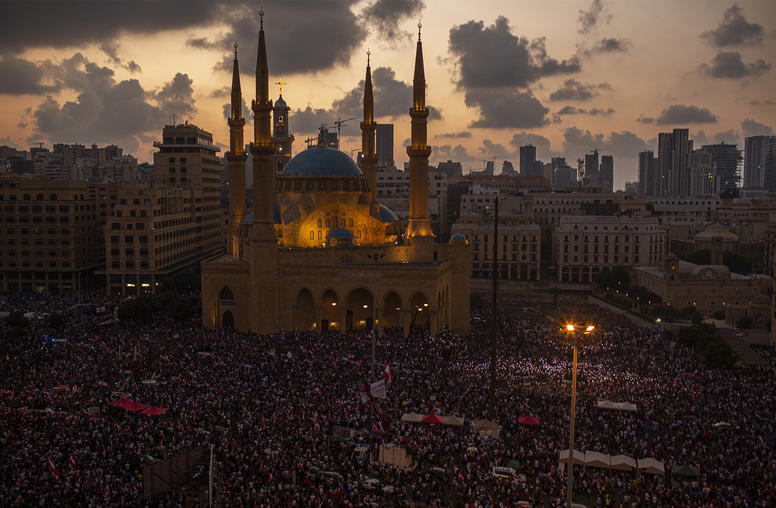Osama Gharizi
Contact
Please submit all media inquiries to interviews@usip.org or call 202.429.3869.
For all other inquiries, please call 202.457.1700
Osama Gharizi is a senior advisor for Iraq, the Gulf and Yemen at USIP.
His work focuses on local peace and dialogue processes that address localized drivers of conflict in Iraq, including tribal and community tensions, as well as issues surrounding the return and reintegration of families from al-Hol camp in Syria. He also spearheads the design and implementation of USIP’s Conflict and Stabilization Monitoring Framework for Iraq.
Gharizi previously served as USIP’s regional program manager for the Middle East, where he designed and directed the implementation of research, conflict mitigation and reconciliation initiatives in Iraq and Syria, among other responsibilities.
Prior to joining USIP, Gharizi worked for the International Republican Institute (IRI) in various capacities, including directing survey research programs in Lebanon and leading a long-term election observation in Georgia.
He holds a master’s degree in international affairs from Columbia University’s School of International and Public Affairs, with a concentration in economic and political development.




